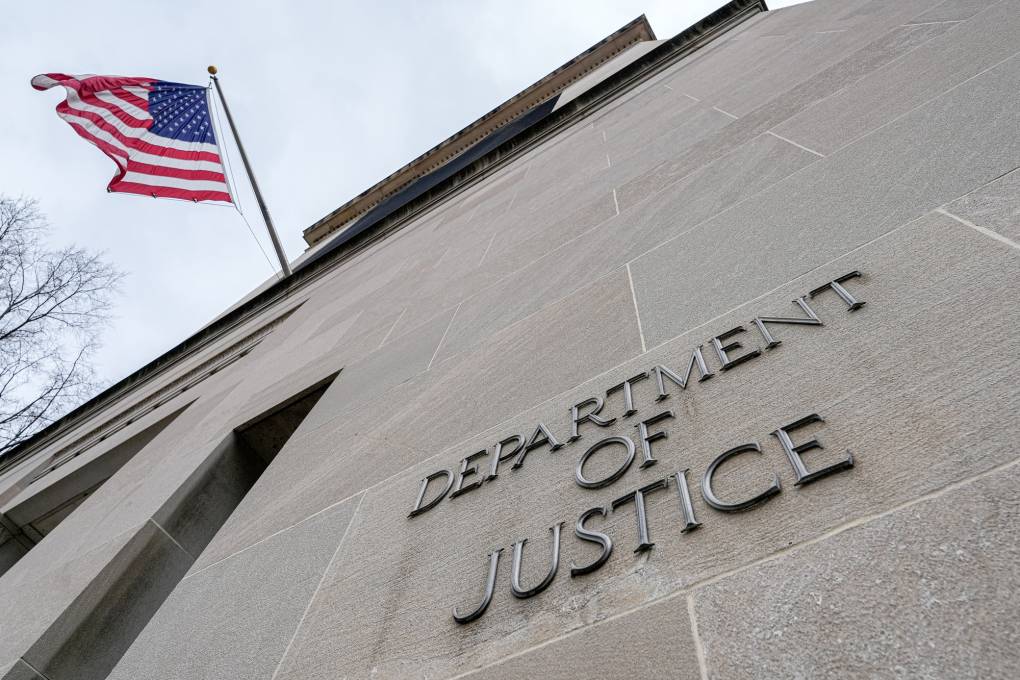“That money would have helped me out with a lot of things,” said Vaesau, who at age 16 was convicted as an adult of attempted murder but was eventually released after being resentenced under new laws. “I’m suing because I know there’s a lot of people who have been incarcerated for a long time, and right after they were done with us, they threw us out like garbage.”
CDCR declined to comment, citing pending litigation.
While the law states some exceptions — such as in case an individual absconds from parole or is incarcerated for less than six months — CDCR must otherwise provide the full sum to each newly freed person. But in 1994, California prison officials created a policy that allowed for special deductions like those for clothing or transportation, which the attorneys believe is unlawful, according to Yaman Salahi, one of the lead plaintiffs’ attorneys.
Assuming CDCR was following its own policy, over 1 million people released from California prisons may have been shortchanged, according to the complaint.
“We hope to find out in the lawsuit exactly how many people are affected and exactly how much money has been withheld from individuals that the Legislature intended to be used for their reentry support,” Salahi said.
“I just want to follow the money,” Vaesau added.
The amount of gate money given to each individual has not changed since then-Gov. Ronald Reagan signed the law in the 1970s. In 2022, Gov. Gavin Newsom vetoed a bill that would have increased it to an inflation-adjusted $1,300.
While $200 may seem like a relatively small sum, experts say it’s not insignificant. The first 72 hours after release can set the stage for successful reentry, according to research cited in the complaint. Gate money can provide a warm bed and a hot meal for someone’s first days outside.
“Some of the challenges people might face are as simple as how do I make a phone call? How do I figure out where I’m going to stay tonight?” Salahi said. “There’s virtually no support provided to people who are finishing a term of imprisonment to get on their feet properly. And this is one of the critical lifelines that’s supposed to be made available to them.”
CDCR has faced scrutiny over the reentry funds before. In 2008, a state Court of Appeal reprimanded the department for not following the law.
KQED’s Farida Jhabvala Romero contributed to this report.


